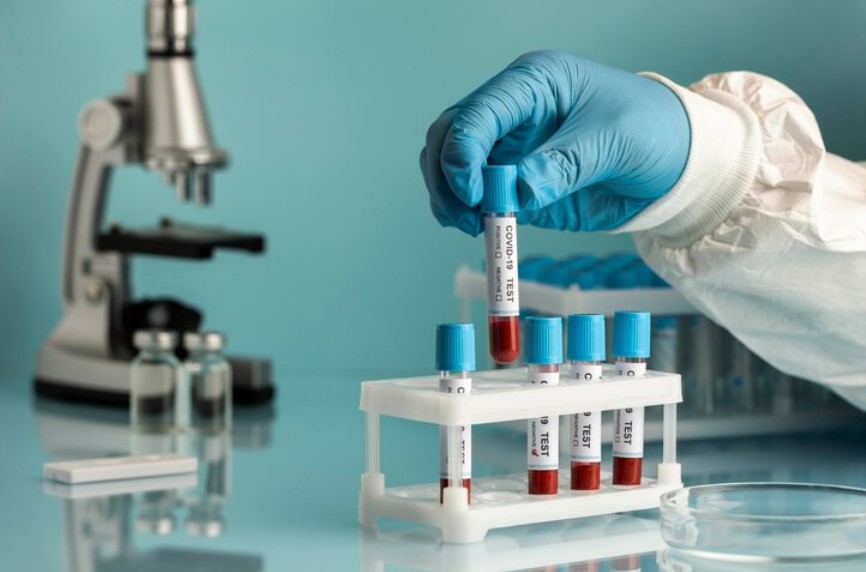23
Jul 2025
Westmead Hospital to Host NSW’s Largest Statewide Pathology Hub
Published in News on July 23, 2025

The Need for Modernisation
Constructed in 1978, Westmead’s existing labs process roughly 10,000 pathology tests daily, ranging from routine blood screenings to complex molecular diagnostics. However, decades without substantial updates have left the facility outdated and strained. According to NSW Health Pathology CEO Vanessa Janissen, the current setup is “no longer fit for purpose,” necessitating a complete overhaul.
What the New Hub Will Deliver
- New Statewide Hub & ICPMR Expansion
The funding will support both the creation of a centralised pathology hub and the extension of the Institute of Clinical Pathology and Medical Research (ICPMR) on-site. - Enhanced Biocontainment Capability
The upgrade includes expansion of the PC4 biocontainment laboratory—the only one in NSW capable of safely handling high-risk pathogens, including Ebola, measles, influenza, and SARS‑CoV‑2. - Automation for Faster Results
Incorporating automation and robotic systems will streamline workflows, ensuring clinicians receive 10,000 daily results quickly and with higher accuracy. According to Professor David Brown, this will guarantee that patients receive the “right test, at the right time, with the right result” - Cutting-Edge Genomics and Precision Medicine
The hub will support advanced genomic sequencing and precision diagnostics, fostering personalised treatment strategies and bolstering clinical trial support alongside research partnerships with universities and Local Health Districts.
Impact on Clinical Care and Public Health
This centralised hub won't just serve Westmead—but will function as the core of NSW’s networked pathology service, offering:
- Rapid diagnostic support for Western Sydney’s growing population.
- Improved statewide pandemic readiness with modern containment infrastructure and rapid pathogen detection.
- Strengthened public health surveillance, crucial for monitoring disease outbreaks and emerging health threats.
Strategic Benefits and Future Outlook
Premier Chris Minns and Health Minister Ryan Park view this as the single-largest infrastructure investment ever for pathology in NSW. It marks a decisive shift toward modern, centralised diagnostic services that leverage emerging technologies.
Janissen emphasises this is a "turning point" for pathology service delivery, promising a future-ready foundation for evolving medical needs and technological advances.
Regional Growth & Job Creation
This hub complements the Westmead precinct’s expansion, which already includes a new Integrated Health Care Complex (A$540 million). Together, these projects reinforce the area’s position as a major health, research, and innovation precinct within Western Sydney.
Wrapping Up
Westmead Hospital’s new pathology hub is more than a facility upgrade—it’s a strategic leap into the future of diagnostics, research, and outbreak response. By integrating advanced automation, biocontainment, and precision medicine under one roof, it aims to deliver faster, more reliable results and strengthen public health infrastructure statewide. The transformation underscores NSW’s commitment to supporting one of Australia’s largest population catchments—and building a resilient, tech-driven health system prepared for tomorrow’s challenges.









